Can Partisanship Be Fixed?
Investigate the debate over parties by examining their nature and role in American political life.
Winter/Spring 2020
Washington, DC
Hertog Weekend Seminars provide undergraduates, graduate students, and young professionals with the rare opportunity to engage in high-level intellectual discussion and debate on the most influential works in political thought and the most pressing policy issues facing the United States with renowned scholars, leading experts, and a community of peers from across the country.
Not a lecture or a conference, each seminar is centered around in-depth, student-driven dialogue on a set of curated readings. Seminars typically begin on a Friday evening and conclude Sunday afternoon. In addition to providing course materials, the Hertog Foundation covers all meals and travel and lodging costs.
We welcome applications from current undergraduates, graduate students, and young professionals interested in moral, social, political, or strategic thought. The Hertog Foundation provides travel, lodging, meals, and all course materials. We ask only for your time and thoughtful participation.
We welcome applications from current undergraduates, graduate students, and young professionals interested in moral, social, political, or strategic thought.
Admission is extremely competitive, and every year we decline admission to many highly qualified applicants simply due to lack of space. A typical competitive applicant will have:
Describe the political questions you find most interesting, your future ambitions, and how these relate to your preferred program(s). (1,000 words or less)
Unofficial, if current undergraduate or graduate student
Minimum of one academic/professional letter of recommendation that specifically speaks to your background and interests as they relate to the program. Current undergraduates should submit an academic recommendation.
20 pages maximum
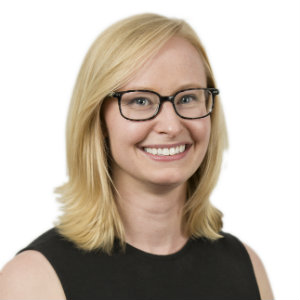

J.D. Candidate, University of Michigan
Morgan Stanley, Charles River Associates
Boston College
Julia Gorman is studying law at the University of Michigan. As a recent college graduate, she participated in the 2015 Political Studies Program, and later returned to Hertog as a young professional for the “Great Figures of the 20th Century” Weekend Seminars.
I heard about the Political Studies Program through professors in Boston College’s Political Science Department. It struck me that that despite varying political beliefs and principles, each spoke highly of the Program. One professor said that the students in seminars at Hertog are “among the best of the best.” Such high praise paired with the possibility of an intensive study of politics and political theory motivated me to apply.
I was impressed by the mixture of ideas and activities at the Political Studies Program. We studied materials ranging from the Students for a Democratic Society’s Port Huron Statement to Augustine’s City of Godwith outstanding professors and visiting lecturers. Justice Scalia taught us about philosophy applied to law, and Marine Corps General James Mattis explained that duty often supersedes politics. We visited the Holocaust Memorial Museum and the National Gallery, we participated in a staff ride at Gettysburg, and we got to know one another and our nation’s capital while wandering the monuments. The Political Studies Program provided a wide-ranging education, much of which took place outside of the classroom.
Yes. Aside from the network that Hertog offers, the Program provides a schooling in political philosophy and political history. Both are essential to public policy, since it orders human affairs. One cannot hope to craft good policy without asking big questions, understanding what government and politics are capable of, and more importantly, what they’re not capable of.
They’re top-notch. Part of the reason they’re so good is that the Hertog Foundation’s educational mission is simply to form more thoughtful citizens. As a result, Hertog selects students who are bright, driven, and intellectually curious, but who possess a range of beliefs and pursuits. I have no doubt that some of the people I’ve studied with at Hertog will influence the civic, intellectual, and political life of the United States for the better.
I hope I’ll end up at the intersection of economics and political theory. Each subject is interesting in its own right, but I think it’s important to blend the disciplines because economics provides a sanity check on policy-making, and political theory provides the tools with which to examine the normative assumptions of economics.
Julia Gorman is studying law at the University of Michigan. As a recent college graduate, she participated in the 2015 Political Studies Program, and later returned to Hertog as a young professional for the “Great Figures of the 20th Century” Weekend Seminars.
“The Hertog Foundation’s educational mission is simply to form more thoughtful citizens. As a result, Hertog selects students who are bright, driven, and intellectually curious, but who possess a range of beliefs and pursuits. I have no doubt that some of the people I’ve studied with at Hertog will influence the civic, intellectual, and political life of the United States for the better.”
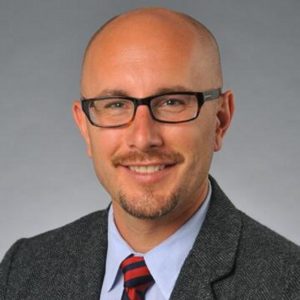
Daniel DiSalvo
Daniel DiSalvo is a Senior Fellow at the Manhattan Institute’s Center for State and Local Leadership and an Assistant Professor of Political Science at The City College of New York-CUNY. His scholarship focuses on American political parties, elections, labor unions, state government, and public policy.

Vance Serchuk
Vance Serchuk is Executive Director of the KKR Global Institute and an Adjunct Senior Fellow at the Center for a New American Security. Prior to joining KKR, Mr. Serchuk served for six years as the senior national security advisor to Senator Joseph Lieberman (I-Connecticut).
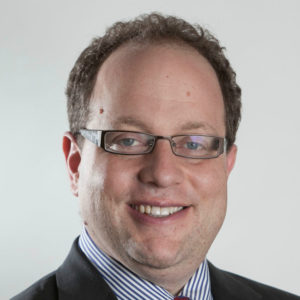
Daniel Blumenthal
Daniel Blumenthal is the Director of Asian Studies at the American Enterprise Institute, where he focuses on East Asian security issues and Sino-American relations. Mr. Blumenthal has both served in and advised the U.S. government on China issues for over a decade.
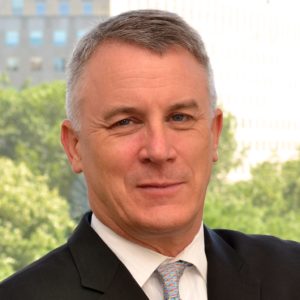
Michael Doran
Michael Doran, an expert in U.S. policy toward the Middle East, radical Islam, and the Arab-Israeli conflict, is a Senior Fellow at the Hudson Institute. He has also held a number of senior U.S. government posts related to Middle East policy and strategic communication.
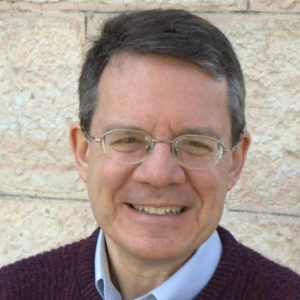
Martin Kramer
Martin Kramer teaches Middle Eastern history at Shalem College where he was the founding president and is The Washington Institute’s Koret Distinguished Fellow. He is the author of The War on Error (2016).
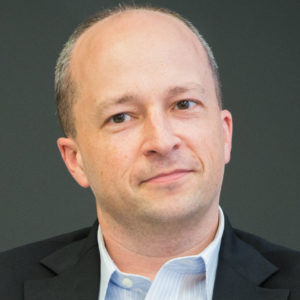
Yuval Levin
Yuval Levin is a Resident Scholar and Director of Social, Cultural, and Constitutional Studies at the American Enterprise Institute and the Editor of National Affairs magazine. Mr. Levin served on the White House domestic policy staff under President George W. Bush.

Matthew Continetti
Matthew Continetti is resident fellow at the American Enterprise Institute, Prior to joining AEI, he was Editor in Chief of the Washington Free Beacon. His articles and reviews have appeared in The New York Times, The Wall Street Journal, and The Washington Post.

Ryan P. Hanley
Ryan Patrick Hanley is Professor of Political Science at Boston College. His research in the history of political philosophy focuses on the Enlightenment. He is the author of Our Great Purpose: Adam Smith on Living a Better Life and Love’s Enlightenment: Rethinking Charity in Modernity.
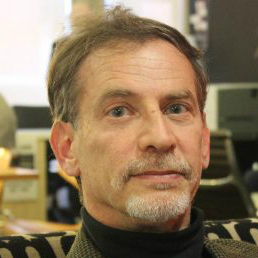
Darren Staloff
Darren Staloff is Professor of History at the City College of New York and the Graduate Center of the City University of New York. Professor Staloff has published numerous papers and reviews on the subject of early American history.
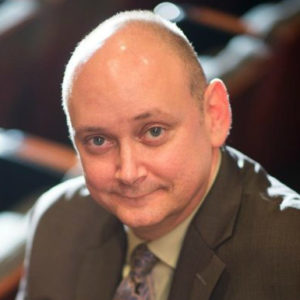
Greg Weiner
Greg Weiner is associate professor of Political Science, founding director of the Daniel Patrick Moynihan Center for Scholarship and Statesmanship, and provost at Assumption College. He is the author of American Burke: The Uncommon Liberalism of Daniel Patrick Moynihan.
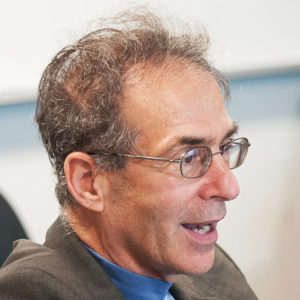
James W. Ceaser
James W. Ceaser is Harry F. Byrd Professor of Politics at the University of Virginia, where he has taught since 1976, and a senior fellow at the Hoover Institution. He has written several books on American politics and political thought, including Presidential Selection and Liberal Democracy and Political Science.
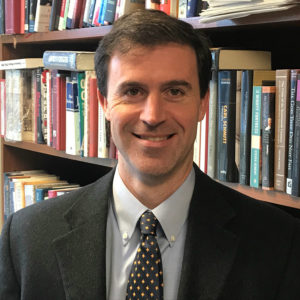
Richard M. Reinsch II
Richard M. Reinsch II is the founding editor of Liberty Fund’s online journal Law and Liberty and the host of LibertyLawTalk. He writes frequently for such publications as National Affairs, Modern Age, National Review Online, The Weekly Standard, and The University Bookman, among other publications.